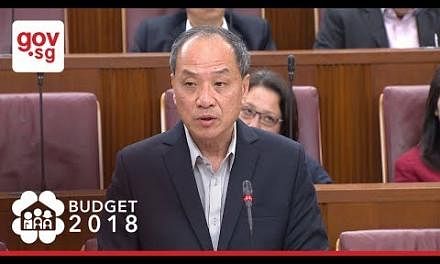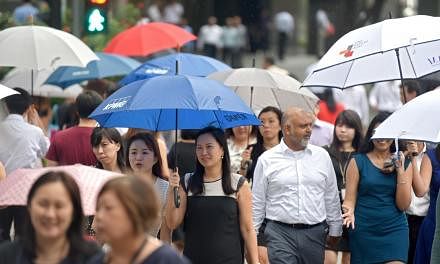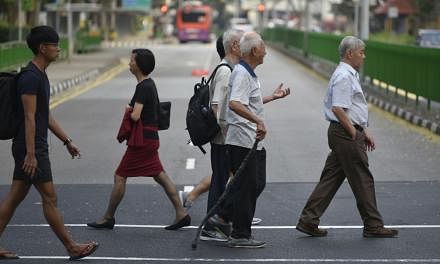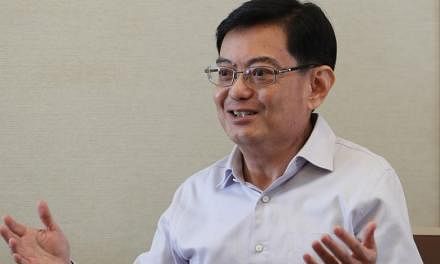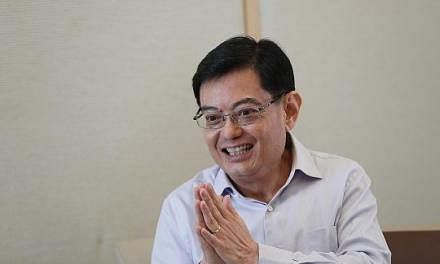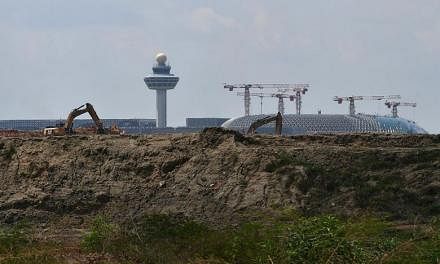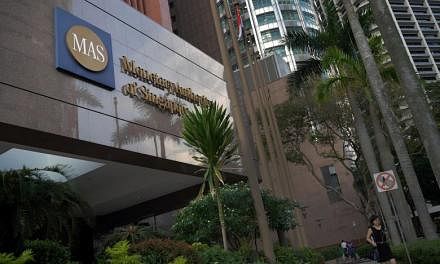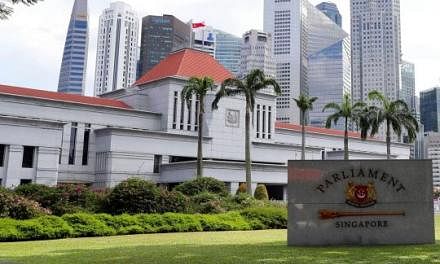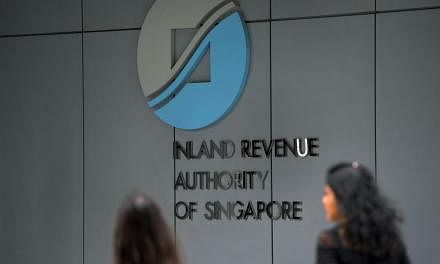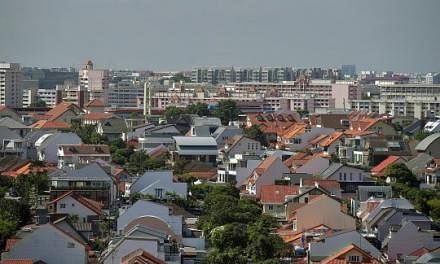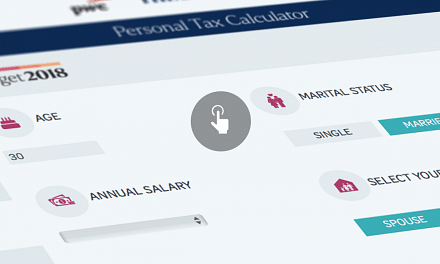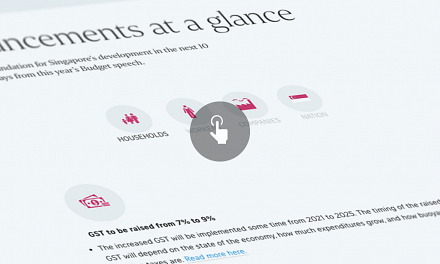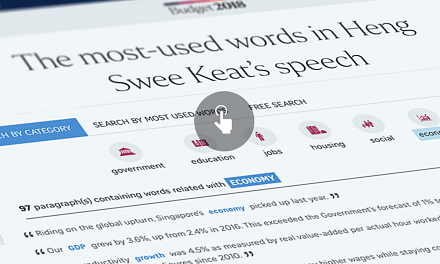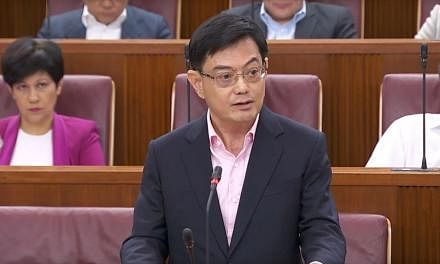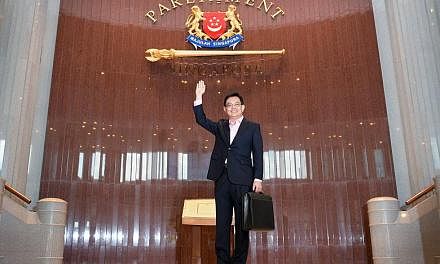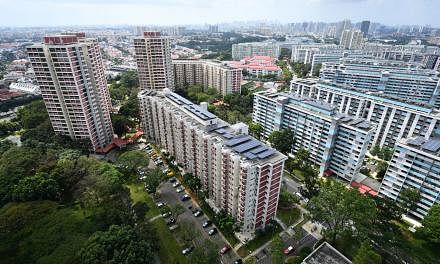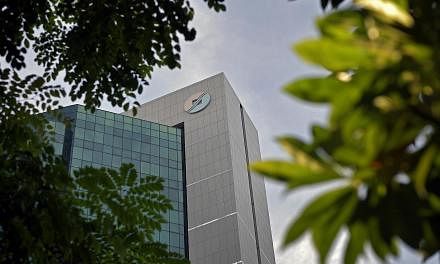SINGAPORE - Singapore will face structural and sustained increases in expenditure in the years ahead, and the Government has a responsibility to make timely decisions and ensure sufficient revenues for future needs, said Finance Minister Heng Swee Keat on Thursday (March 1).
In his speech rounding up the Budget debate, Mr Heng sketched out three areas that will see such sustained increases: healthcare, security and other social spending.
Healthcare spending is projected to rise from 2.2 per cent of GDP today to almost 3 per cent in the next decade, said Mr Heng. This $3.6 billion surge in spending is largely due to a rapidly ageing population, and a rise in those with chronic conditions, and new medical technologies, treatments, diagnostic tools and drugs that can lead to a higher quality of life but could be more expensive.
As Singapore invests more to counter rising threats, annual security spending is also expected to rise by about 0.2 percentage points of GDP.
"The scale and magnitude of terror attacks around the world in recent years are signs that the terrorism threat has heightened," said Mr Heng, adding that the threats have loomed closer to Singapore's shores, and that the range of threats has widened.
Spending on pre-schools is also expected to double in the next five years to $1.7 billion a year in 2022, an increase of about 0.1 percentage points of GDP.
By then, two in three pre-schoolers will have a place in a government or government-supported pre-school, up from one in two today. "This is a vital investment in our future generations - ensuring that they have a good start in life."
Besides such recurrent expenditures, Singapore also has to invest in key infrastructure, and be prepared that expenditures could rise further beyond projected figures, he said.

Said Mr Heng: "Our responsibility is to ensure that we make timely decisions and have enough revenues to meet our future expenditure needs readily, amid an uncertain future."
Singapore has managed to achieve good outcomes so far, said Mr Heng, despite having overall expenditures taking up just about 19 per cent of GDP in financial year 2018 - less than half of what Organisation for Economic Co-operation and Development (OECD) countries typically spend.
In education, for example, Singapore spends just about 3 per cent of GDP, half of OECD countries that spend about 4 to 6 per cent of GDP. But it leads the pack in the global Programme for International Student Assessment (Pisa) test for science, beating countries like Japan, United States and Norway.
It also spends less on healthcare than other countries, which use 6 to 10 per cent of GDP on this area.
"Singapore spends less on healthcare yet achieves a high healthy life expectancy - higher than the OECD average. Even with population ageing, we expect to spend less than other countries with similarly aged populations."
A "whole-of-society" effort has contributed to these effective outcomes, said Mr Heng.
"This is the power of partnership, and of a whole system that encourages everyone to take responsibility. It explains how a tiny country like Singapore with no natural resources can have world-leading outcomes with moderate levels of taxation and spending. This is the Singapore way, and we must continue to build on this ethos."


